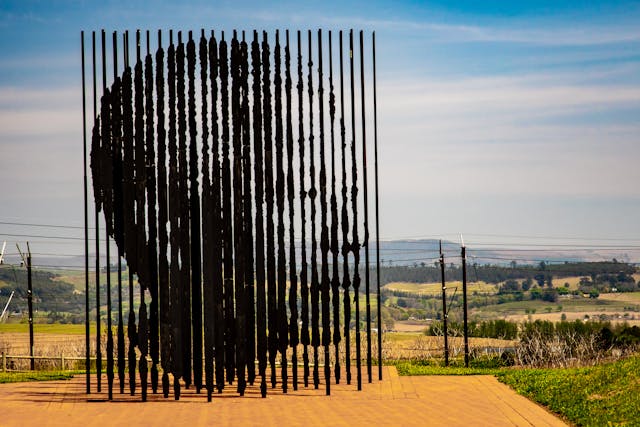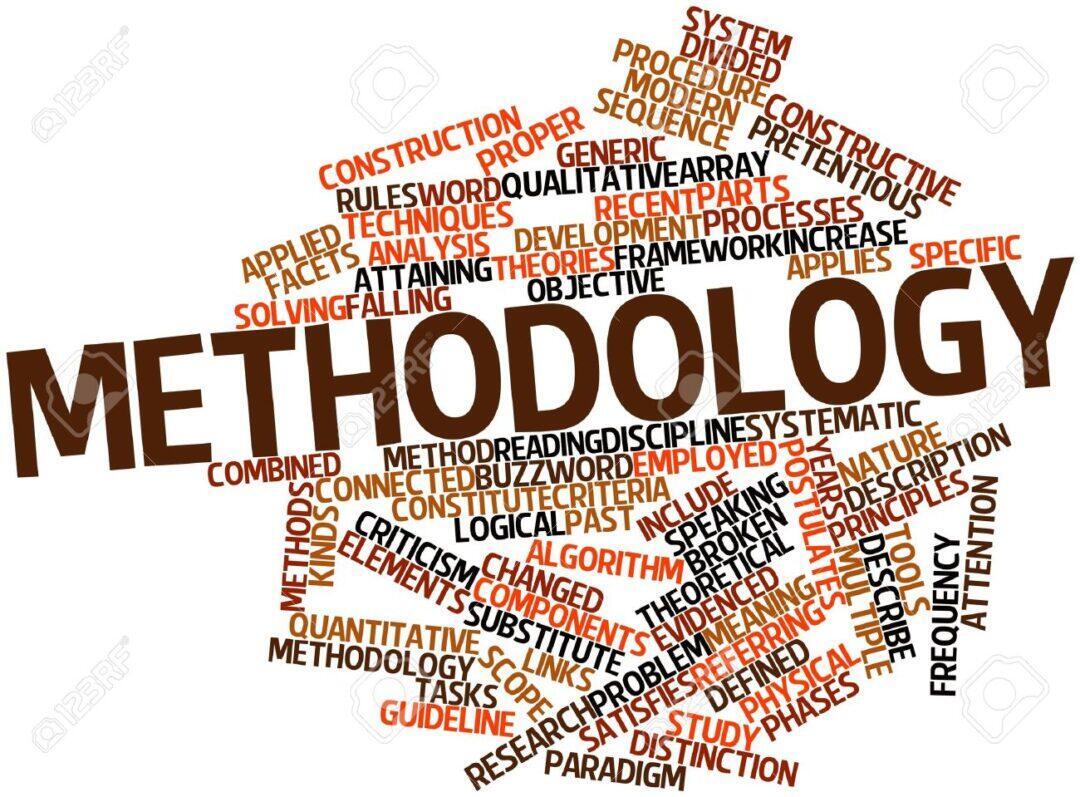The Nigerian “Diaspora Paradox” One of the most challenging experiences a Nigerian [or other African nationals] in Diaspora will ever face is encountered within the paradox of deciding either remaining in a foreign land permanently or going back home for good.
Tag: ontology

Response: Culture is Not Costume
Response: Culture is Not Costume: Why Non-Africans Should Not Wear African Clothing http://www.mycoloures.com/2014/10/culture-is-not-costume-why-non-africans.html?m=1 Nneka Okona’s piece on the “wrongful appropriation” of female African dress is an interesting, challenging and well-written read but has a misplaced tone to it. The piece pleads for the Nigerian dress / attire for women to be worn…

The Ontology of the African VII: Play and Wound
If a leader or intellectual is not articulating the values and necessities of robust human pride to his people, he or she is a dangerous traitor unworthy of the position – Guynes The ontology of the African unfortunately involves ‘senseless play’ to perpetuate it as derisory, and it is becoming…

Violence in Mandelaland: Why?
Violence in Mandelaland: Why? ‘Mandelaland’, the land of Nelson Mandela, a Xhosa, is the Republic of South Africa. Mandeland is very far from being Mandela-like in any conception whatsoever. The experience of non-South African Africans in Mandelaland since the fall of Apartheid has been economically rewarding for most but also…

Which Research or Practice Methodology Will You Prefer?
Which Research or Practice Methodology Will You Prefer? There are four ontologies / epistemologies by which we undertake research in the academy. empiricism, positivism, realism and pot-modernism. We also put them into practice in the real world. There is a lot of rhetoric about them but I see methodology (method)…

The Ontology of the African VI: Thieving Patriotism
‘Patriotism of the stomach’ is much more pitiable than it sounds. Patriotism, even in moderate forms, is a thoroughly virtuous state of being to adopt underpinned by loyalty, commitment, support and above all selflessness in support and defence of one’s country. In Africa, it is the reverse, with rare exceptions….

The Ontology of the African V: The Exploitation & The Blindness
The ontology of the African is an emergent creature of exploitation, historical and contemporary. It started with slavery and colonisation. The late Dr Abdul Rahim Tajudeen, former head of the Pan-African Movement, was a fierce opponent of do-gooding foreign aid and charity. To him, when the African adopts the attitudes…
Goodluck Jonathan & the Ontology of the African
Can Africans in power ever get it right? They can but choose not to for reasons of venality and mediocrity and sometimes sheer stupidity. I concur with the fact that resorting to insulting a President or anyone for that matter via social media, especially cheaply is an incorrigible practice. But…

The Ontology of the African IV: The Antinomy
The Ontology of the African IV: The Antinomy The claim to being knowledgeable and intelligent as well as acting in denial of knowledge and intelligence, simultaneously, is as Antinomy of an unusual kind. Knowledge is power only when it is usefully and unarguably applied. Is knowledge power to the African?…

The Ontology of the African III: The Leaders
The African leader like the African he rules has a derisory ontology. With billions of dollars stashed away in foreign accounts, endless terms in office and the excessive paraphernalia of power, these have become the identifiers of the African leader. The one destined lead African nations seem unable to escape…

